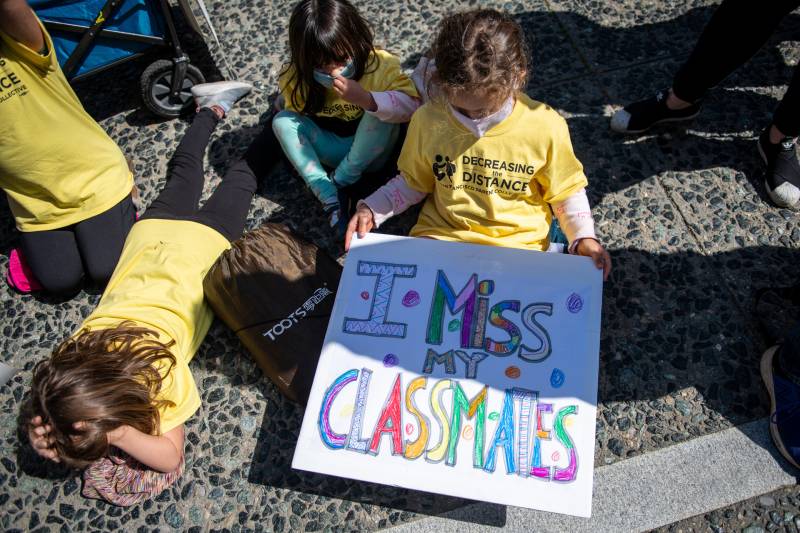Amid the ongoing tumult, San Francisco Unified School District Superintendent Dr. Vincent Matthews, who recently announced plans to retire in June, reversed course this week, saying he would remain in the position for an additional year after board members requested he stay.
In January, the board was lambasted by many parents and officials — as well conservative observers — for its 6-1 vote to rename dozens of schools, an effort that was later found to have been based on flimsy research, including an over-reliance on Wikipedia.
Other critics, including alumni association members of Abraham Lincoln High School — one of the schools that was slated to be renamed — said the board failed to adequately include community members in the process.
The board on Tuesday unanimously approved the resolution to suspend the effort, saying it “wishes to avoid the distraction and wasteful expenditure of public funds in frivolous litigation.”
San Francisco Mayor London Breed has for months criticized the board for taking on the issue in the midst of the pandemic.
“What I cannot understand is why the School Board is advancing a plan to have all these schools renamed by April, when there isn’t a plan to have our kids back in the classroom by then,” Breed said in a January statement.
“Our students are suffering, and we should be talking about getting them in classrooms, getting them mental health support, and getting them the resources they need in this challenging time.”
KQED’s Matthew Green and Joe Fitzgerald Rodriguez contributed to this article.

